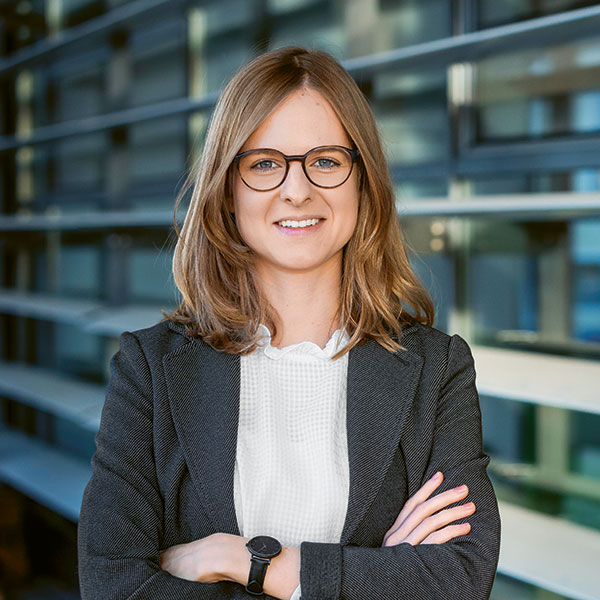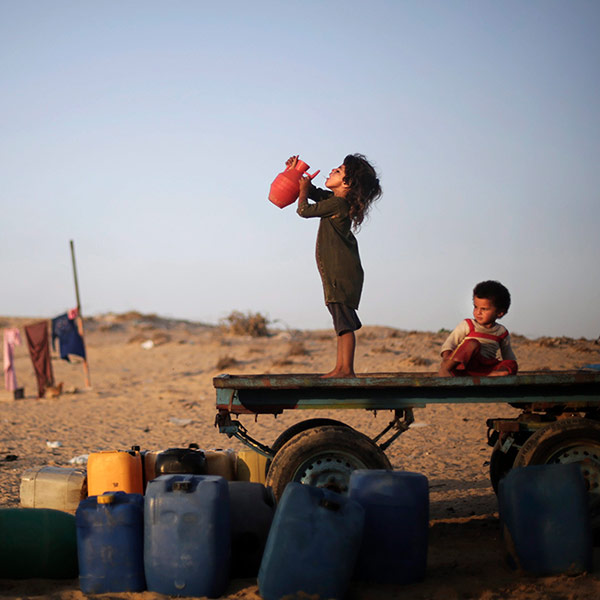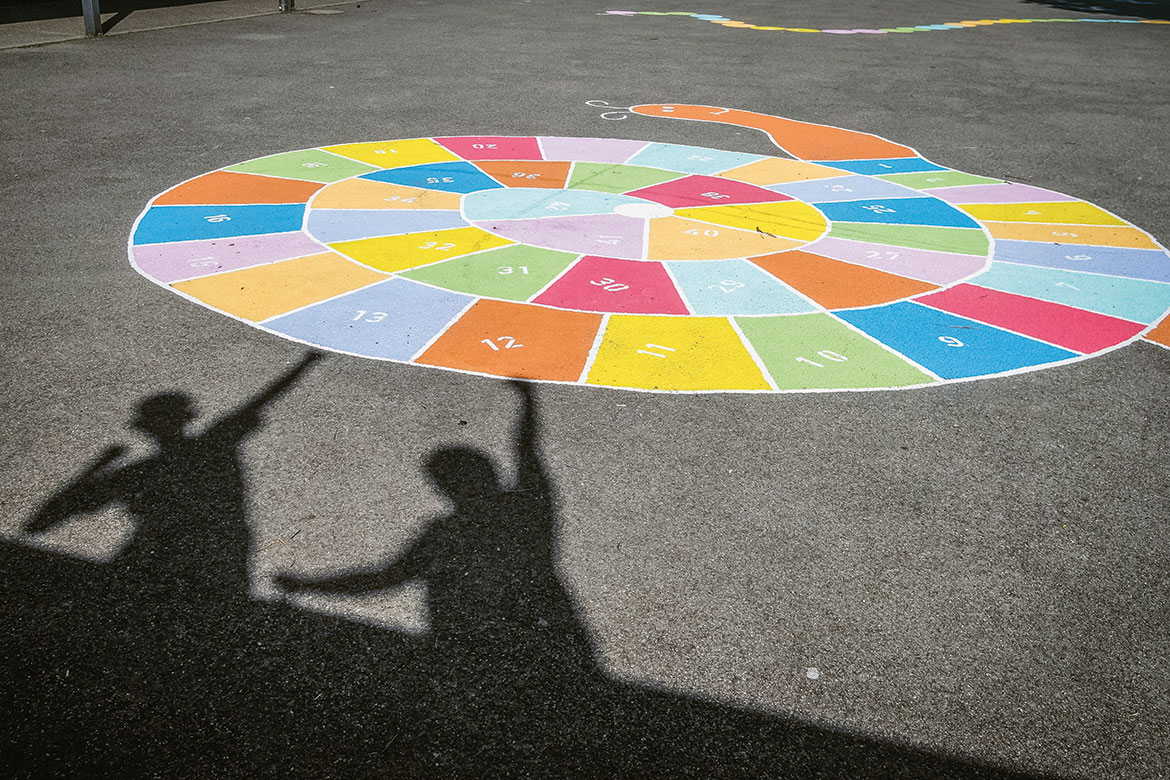Feature: The tourism of the future
Editorial: I too am a tourist
How can we avoid overtourism? There are no solutions to suit everyone, but there are other options for experiencing interesting things.

Striking a pose at the natural viewing point of the Creux du Van on the cantonal border of Neuchâtel and Vaud. | Photo: Simon Roberts
When I have to push my way through the massed crowds at the Zytglogge tower in Bern, a spot beloved of all the tourists in the city, I sometimes think to myself – though I’m ashamed to say it – “Tourists go home!” But unlike me, the inhabitants of, say, Barcelona or Venice have really good grounds to think like that. The problem with travelling is that when we travel, we end up destroying exactly what we go to experience: the authenticity of the local culture and untouched Nature. The Feature articles in this issue of Horizons illustrate this very dilemma. In fact, it’s already an old problem – one the English writer and art historian John Ruskin was lamenting back in 1850, when he complained of how the many visitors to the Alps were disfiguring the landscape. And this destruction continues unabated today. When we travel to our ski resorts, we contribute to the global warming that means we have less and less snow there.
When I was a student back in the year 2000, I felt so proud of myself, standing in a village in the Mexican jungle, well before the new road was built that was destined to bring with it a wave of ‘ordinary’ tourists. Today, I’ve realised that I was the clumsy oaf whose urge to experience the extraordinary only helped to establish well-trodden paths of the kind I was desperately trying to avoid. And if I’d taken the routes that were already geared to the tourist masses instead, I’d actually have given the locals more control over what they really wanted to reveal about themselves.
Visiting a destination using VR glasses and 3D videos – which is an option offered by one of the projects in our Feature section – is hardly a genuine substitute for actually travelling to a place. Perhaps I should rather go in search of experiences of a different kind. That’s what Sindhu Gnanasambandan did, a reporter and a producer for the podcast Radiolab. She wanted to expand subjectively experienced time. So she undertook a self-experiment in which she constantly exposed herself to new impressions, spending every night for a whole week in a different place, doing different things with different people. It proved a long, intense time, at the end of which she was completely exhausted and had ruined her then relationship. All the same, her example shows that there are indeed ways of gaining experiences that expand your horizon that are also sustainable – if not necessarily in all the ways we’d like.




